Gaza, MINA – The northern Gaza Strip has been subjected to the most heinous massacres for 20 days as the Israeli occupation deliberately displaces Palestinian civilians completely, through intensifying aerial and artillery bombardment, by air and land, on residential areas that no longer exist, putting hospitals out of service, and preventing the entry of food and medicine supplies, which has exacerbated the famine disaster in a frightening way, Wafa reports.
The occupation army continues to blow up and burn homes and residential blocks in Jabalia camp, and Saftawi and Tuwam areas, to force civilians to flee south.
Despite the bombing and war of extermination committed by the occupation in Jabalia and Beit Lahia, many citizens refuse to leave their homes, while the occupation army continues to besiege the displaced, patients, and medical staff in the hospitals of the north.
Dozens of slain people and wounded are in the streets of the Beit Lahia project and Jabalia camp as the occupation army prevents transferring to the hospitals, which it besieges, and targets the displaced, patients, and medical staff when entering or leaving them.
Also Read: Hamas Releases Seven Israeli Hostages in Gaza Under Ceasefire Deal
The Saftawi area is also subjected to continuous artillery shelling and heavy gunfire, as well as the western and eastern neighborhoods of the Nuseirat camp.
Medical sources said that a mother and her child were killed in the Israeli bombing of a house in the camp, which, along with the northern areas, has been subjected to violent air and ground bombardment for 20 days.
Thousands of victims are still trapped under the rubble or scattered on the roads, as ambulance and civil defense teams are facing difficulties in reaching them due to the continued Israeli attacks, the massive amount of debris and the shortage of fuel and heavy equipment.
Casualty data in Gaza are incomplete due to the intensive Israeli aggression, the repeated and complete interruption of communication and internet services, lack of fuel and devastated infrastructure, which render it difficult to document figures. (T/RE1/P2)
Also Read: Al-Qassam Brigades to Release 20 Israeli Hostages Under Gaza Ceasefire Deal
Mi’raj News Agency (MINA)






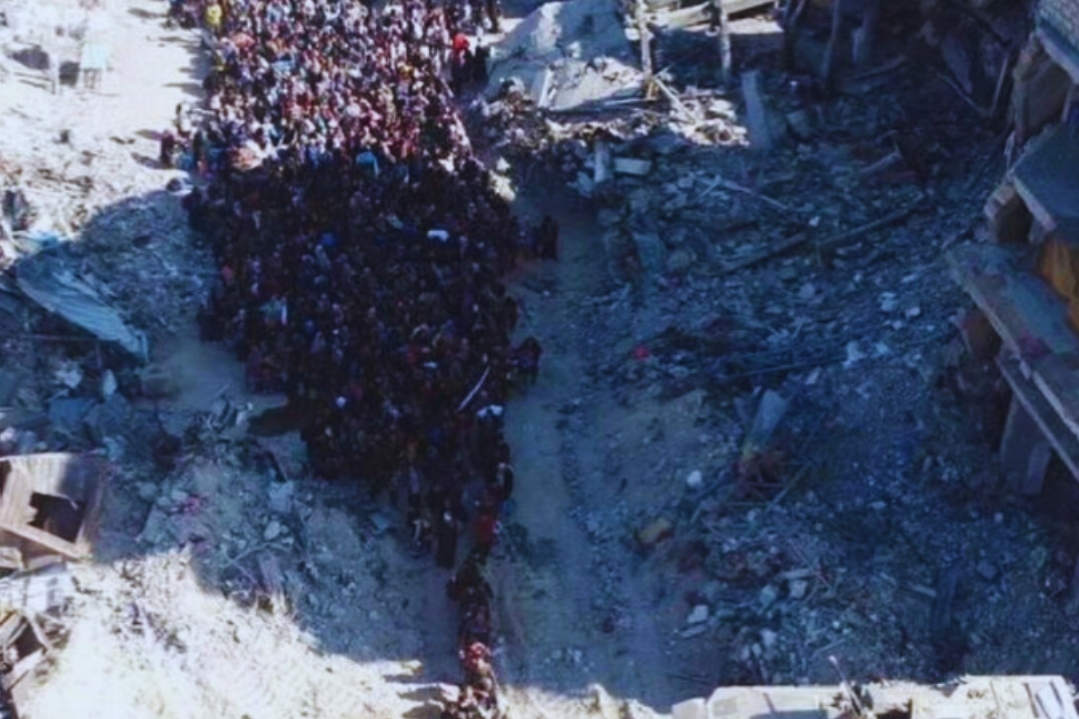

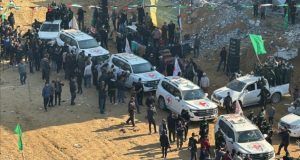




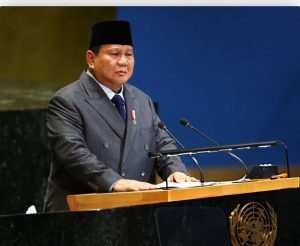
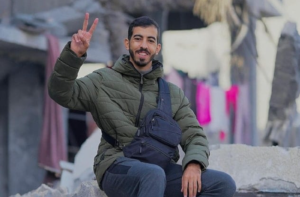

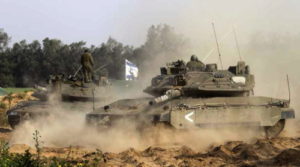



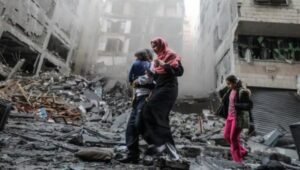
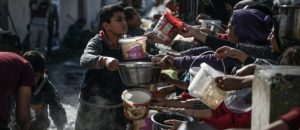




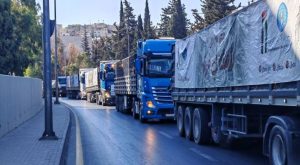
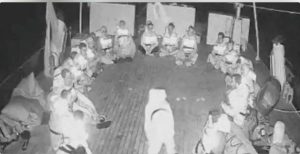

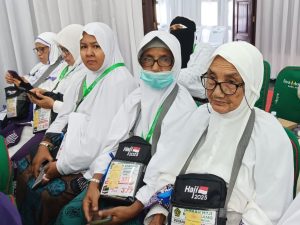





 Mina Indonesia
Mina Indonesia Mina Arabic
Mina Arabic